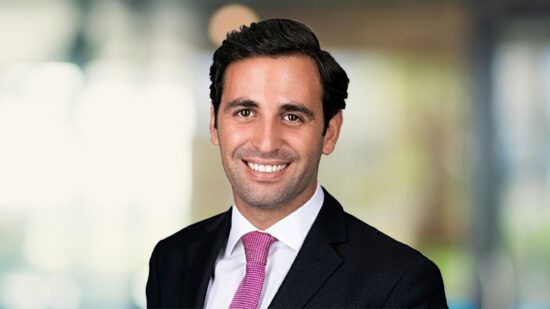Investors will need to discard prior assumptions about private equity funds, as they are unevenly affected by the coronavirus crisis, research has shown.
“Previous predictions suggested that 2018/19 vintage funds would struggle to make satisfactory returns for investors, as they face record-high asset pricing and fierce competition.
“But under the new model, these vehicles will be ideally placed to acquire portfolio companies at the bottom of the pricing curve, once markets settle after the current volatility,” UK data provider Preqin and US risk management firm FRG said.
FRG developed a pandemic scenario, which was run through a cash flow forecasting tool by Preqin and FRG, and the results were compared with a baseline economic scenario.
The pandemic scenario assumes a severe economic contraction of 20% in real GDP during Q2 2020, followed by a swift recovery in the remaining quarters of the year.
The results showed that fund managers could take advantage of lower prices and attractive opportunities when the crisis has ebbed, which will lead to a spike in capital calls in 2021.
In particular, funds currently finishing their fundraising process and seeking to allocate capital will benefit, the research said.
Earlier vintage funds
However, the returns of 2012-2017 vintage funds will be depressed, as they are facing an exit cycle in the next 12-24 months and will suffer from a lower pricing environment, the research predicts.
Most affected are the vintages of 2016-2017, as they bought companies at the pricing peak and may not be able to recoup their investments through exits.
The research also suggests that the effect of the crisis on 2012-2017 vintages could be significant, as they hold 76% of the unrealised capital invested in private equity, valued at $1.22trn (€1.12trn).
Key findings of the research are:
- Covid-19 and its impact will depress both capital calls and distributions in 2020, as fund managers delay acquisitions or exits.
- 2012-17 vintage funds will see performance suffer due to a challenging exit environment and disruption to portfolio companies. Collectively, these funds account for 76% of the unrealised value in private equity.
- 2016/17 vintages are particularly exposed to the crisis, as they made acquisitions when pricing was at a peak.
- 2018/19 vintage funds, however, will see their returns boosted by the pandemic, as they will make acquisitions after a pricing correction.
- Vehicles of earlier vintages are less likely to be impacted, as they will have already made some exits and will have distributed the bulk of their capital back to investors.
Bipolar effects
Renaud Dutreil, head of private equity at Mirabaud Asset Management, told Expert Investor that the coronavirus crisis could be beneficial for newly or currently raised funds.
“Excessive valuations should disappear, at least deflate, and secure more reasonable entry pricing and ultimately higher IRR and better exits,” he said.
The crisis is a time of dramatic change and could herald the arrival of ‘game changer’ entrepreneurs, inaugurate a new era of consolidation and open up new opportunities to strategic investors, Dutreil explained.
However, existing portfolios will be heavily impacted by the downturn and will have to adapt development strategies for a world “emerging from the covid ruins”.
“In both cases, private equity teams should prove their competence and determination to accompany entrepreneurs,” he said.
John Bell, managing partner at FRG, said: “Cash flows from private capital portfolios are difficult to accurately model at the best of times; but, under certain economic scenarios, an inaccurate forecast can adversely affect client portfolios.
“It’s vital that they [managers] have the clearest possible picture of future cash flows, and their impact on the overall investment strategy.”







